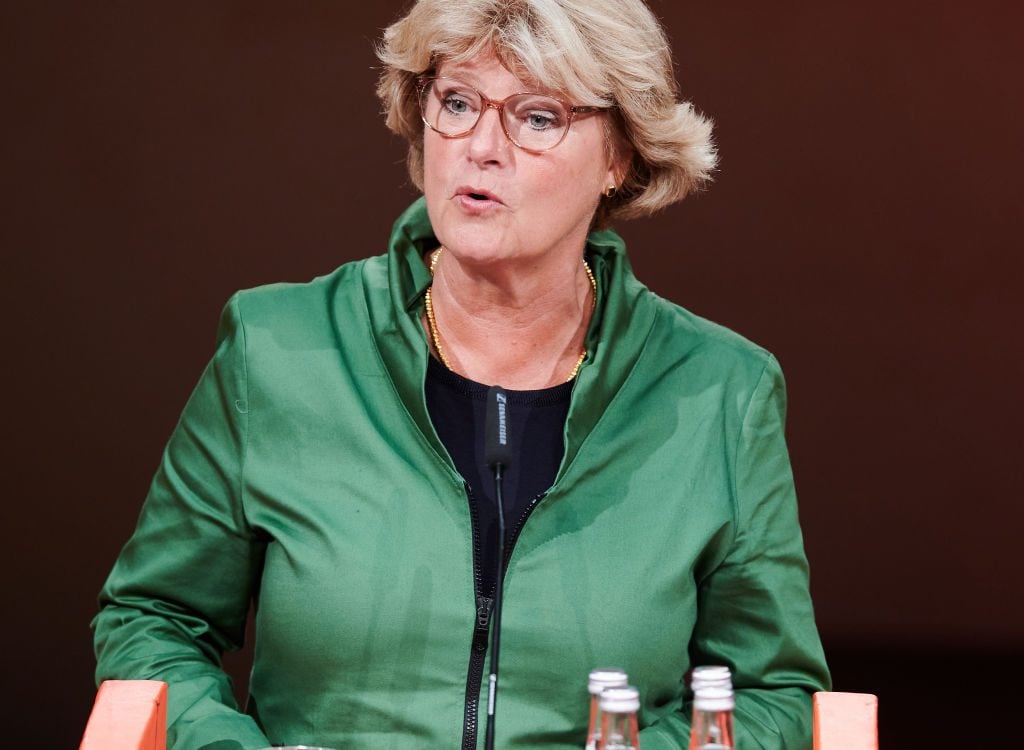Art World
Germany Is Boosting Its Culture Budget By $140 Million Next Year—Bringing the Ministry’s Total Spend to $2.2 Billion
The additional funding increases culture spending by 6.6 percent.

The additional funding increases culture spending by 6.6 percent.

Naomi Rea

The German federal government has announced that it will increase its culture and media budget by more than €120 million ($140 million) in 2021, bringing the culture ministry’s total budget up to €1.94 billion ($2.26 billion).
The plans were announced as part of the country’s draft budget for next year, which was approved by the cabinet this week. Amid the economic crunch caused by the pandemic, the 6.6 percent increase on this year’s budget is a refreshing turn of good news for the culture industry.
Culture minister Monika Grütters says that such a strong budget for the final year before the German elections underscores the country’s commitment to culture, especially on top of its existing billion-dollar coronavirus rescue program.
“Especially in times of crisis, culture is the foundation of our social cohesion,” Grütters says in a statement. “Art, culture, and the media make us aware time and again of our great privilege to live in a country of freedom of the press, culture, and opinion, where controversial debates are possible, desired, and endurable. The protection of these freedoms remains the highest principle of federal cultural policy.”
The German government’s cultural budget has grown by about 60 percent since Grütters took office in 2013, and 85 percent since the German chancellor Angela Merkel came to power in 2005.
The minister says that the additional funds will be used to support projects that strengthen the “understanding of democracy and the historical judgement of our society.” Specifically, the budget includes a sum of €6.2 million ($7.2 million) allocated for revising and modernizing the permanent exhibitions at the country’s two major history museums, the German Historical Museum in Berlin and the Haus der Geschichte in Bonn.
The draft budget also offers a more than €26 million boost to culture projects in the country’s lignite mining regions amid Germany’s transition away from the era of coal-fired power generation. This includes providing support to the Cultural Foundation Dessau-Wörlitz to implement its master plan for the UNESCO world heritage site, the Garden Kingdom.
The Prussian Cultural Heritage Foundation is also set to receive significantly higher grants, with around €14.5 million ($16.8 million) expected for the upkeep of its numerous properties, and modernizing its infrastructure, although the sum is dependent on the State of Berlin agreeing to a co-financing plan.
The draft budget also seeks to expand provenance research by giving an additional €1.5 million ($1.7 million) to the German Center for Cultural Heritage Losses in Magdeburg, and €4 million ($4.6 million) to the Federal Art Administration, which manages the government’s art collection, and researches objects confiscated as a result of Nazi persecution.
Additional funds will also be applied to heritage sites, the media sector, and film. A spokesperson for the Minister of State for Culture and the Media tells Artnet News that the draft budget now needs to be approved by the German parliament, which is expected to happen by the end of November or the beginning of December.
Although the draft budget does not include additional resources relating to the coronavirus crisis, Germany has led the way in bailing out its culture industry through its €1 billion “Neustart Kultur” (Restart Culture) program, which came out of the 2020 budget. The ministry spokesman added that as each individual German state also has cultural autonomy, there have been many additional localized bailouts for the industry.
“These programs are very complex and constantly evolving,” he says, adding that it would be impossible to say how much Germany has spent in total to bail out its culture sector.